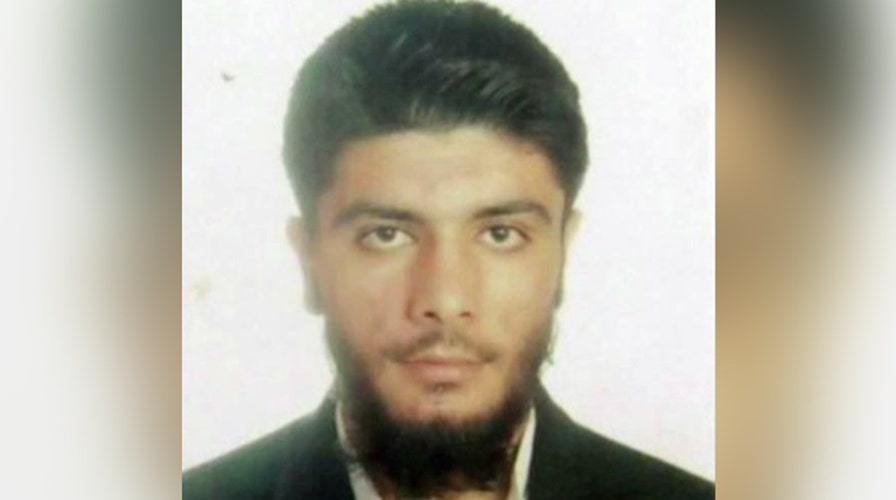Terror suspect accused of NYC subway bomb plot due in court
Rick Leventhal reports from Brooklyn
NEW YORK – A man facing charges for his alleged role as an Al Qaeda operative has been extradited from the United Kingdom to stand trial in New York City.
Abid Naseer arrived at New York's JFK airport Thursday afternoon.
Naseer, who had been living in Manchester, is linked to an international Al Qaeda plot to attack targets in both the U.S. and Europe. He will make an initial court appearance on Jan. 7 in a federal court in Brooklyn.
"The extradition of Naseer demonstrates not only the long arm of American justice. It also shows the determination and commitment of governments around the world to work in common cause to thwart alleged international conspiracies," FBI Assistant Director-in-Charge George Venizelos said.
Naseer is the eighth defendant to face charges related to the terror plot. According to court filings and other documentation in Naseer's extradition case, Al Qaeda leaders in Pakistan recruited Adis Medunjanin, Najibullah Zazi and Zarein Ahmedzay in September 2008 to carry out a suicide bombing in New York City.
Al Qaeda leaders had been feeding the men information through a person named "Ahmad" in Peshawar, Pakistan. According to a probe conducted by authorities in the U.S. and United Kingdom, Naseer had also been corresponding with the same email account that "Ahmad" was using to communicate with the others.
The emails had even defined the "proper" ingredients for the explosive to be used, which included flour and oil. When Naseer and several other alleged conspirators were arrested in the U.K. in April 2009, authorities discovered large amounts of flour and oil, as well as surveillance photos in his and the others' homes.
Zazi, Ahmedzay and Medunjanin all have been tried; Zazi in February 2010, Ahmedzay in April 2010. Medunjanin was convicted after trial on May 1, 2012.
Naseer is charged with conspiring to provide material support to Al Qeada and faces a maximum sentence of life in prison if convicted on all counts.
"Plotting in one country to do harm in another does not provide cover for terrorists," Venizelos said. "It makes them targets in two countries."


